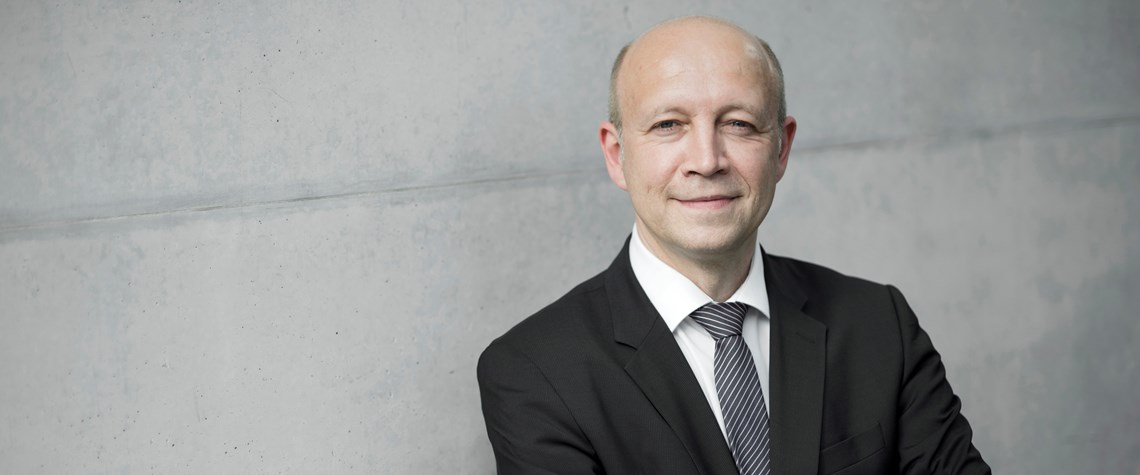1 November 2017
Germany's smart connections
The global energy system is entering a new, more collaborative phase. And Germany is leading the change, explains Andreas Kuhlmann, Chief Executive of the Deutsche Energie-Agentur (DENA)
Energy transition is entering a new phase. This is especially apparent in countries like Germany, where renewable sources of energy have already gained a considerable foothold in the market. The question now is, how do we get all the different parts of the energy system connected in a smart way? And how do we foster innovation that serves this cause? The term "energy transition"—or Energiewende as we say in German—refers to a major change in our energy system. In Germany, it started at some point in the 1980s, through developing alternative energy scenarios and producing power from wind and solar. A real push came in 2000, when Germany passed the feed-in tariff law—known as the Renewable Ene

Also in this section
7 August 2025
The quick, unified and decisive strategy to return all the barrels from the hefty tranche of cuts from the eight producers involved in voluntary curbs signals a shift and sets the tone for the path ahead
7 August 2025
Without US backing, the EU’s newest sanctions package against Russia—though not painless—is unlikely to have a significant impact on the country’s oil and gas revenues or its broader economy
6 August 2025
Diesel market disruptions have propelled crude prices above $100/bl twice in this century, and now oil teeters on the brink of another crude quality crisis
5 August 2025
After failed attempts to find a buyer for its stake in Russia’s largest oil producer, BP may be able to avoid the harsh treatment meted out to ExxonMobil and Shell when they exited—and could even restart operations if geopolitical conditions improve








